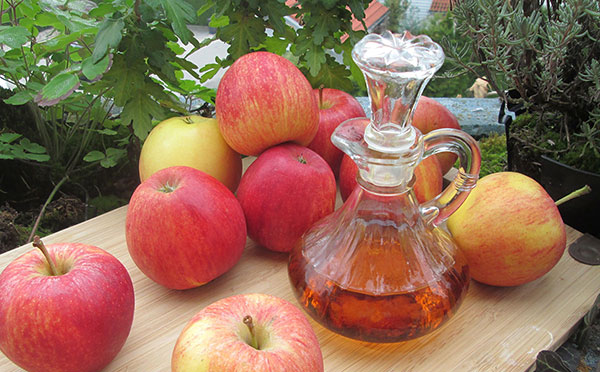Season 1, Episode 9
The Thermodynamics of Weight Loss
No matter how hard you try, you just can't beat the good old laws of thermodynamics.
People talk about good calories and bad calories; this diet and that diet; but the simple truth is you just can't beat the Laws of Thermodynamics.
A parody known as Ginsburg's Theorem states that the three laws of thermodynamics are:
- You can't win,
- You can't break even,
- And you can't get out of the game.
What's that got to do with weight loss? Let's start by asking: Why do we sometimes measure our food in calories when a calorie is a unit of heat?
Maybe you remember from high school chemistry that when you burn a hydrocarbon you get three things out: Water, carbon dioxide, and heat. Like burning gasoline as fuel. This is what your body does with much of your food, only instead of calling it fire we call it metabolism. That's why it makes perfect sense to talk about "burning calories". Food that provides calories is literally the fuel we run on. We are, after all, thermodynamic engines.
We evolved in scarcity, and our bodies have a neat trick for when we get an excess of calories: It can store them as fat. When food gets scarce, we can then burn that fat to recover the energy. It's kind of like having rechargeable batteries. And that's using the First Law to our advantage.
If the calories you get from your food are about equivalent to the calories you burn, no new fat is stored and your weight is stable. If you have a prolonged surplus of calories, you can add to your fat stores. If you absorb fewer calories than you burn, you burn the fat and your weight goes down.
Note that with the exception of surgery, a sustained calorie deficit is the only way there is to lose weight. And the kind of food you eat doesn't matter at all — in terms of weight loss or gain. There are no fattening foods and no special weight loss foods. It's true that your body absorbs and stores calories from different foods in different ways, but no matter what popular diets try to claim about "good calories" vs. "bad calories", thermodynamically they're all just calories.
Bottom line is that there is no magically easy solution. If you want to lose weight, the laws of thermodynamics say that you have to put in the work: Eat fewer calories than you burn.
References
Good, C. Relax and Enjoy Your Food. 2021.
Hensrud, D. "Negative Calorie Foods: Diet Gimmick or Weight Loss Aid?" Mayo Clinic. Mayo Foundation for Medical Education and Research, 19 Jun. 2012. Web. 2 Aug. 2012. <http://www.mayoclinic.com/health/negative-calorie-foods/AN02040/>
Rosenbaum, M., Hirsch, J., Gallagher, D., Leibel, R. "Long-term persistence of adaptive thermogenesis in subjects who have maintained a reduced body weight." American Journal of Clinical Nutrition. 1 Oct. 2008, Volume 88, Number 4: 906-912.
Snyderman, N. "Debunking 10 Myths About Dieting." Time Specials. Time Inc., 6 May 2009. Web. 1 Aug. 2012. <http://www.time.com/time/specials/packages/article/0,28804,1896439_1896359_1896346,00.html>
Reed, G., Hill, J. "Measuring the Thermic Effect of Food." American Journal of Clinical Nutrition. 1 Apr. 1996, Volume 63, Number 2: 164-169.




